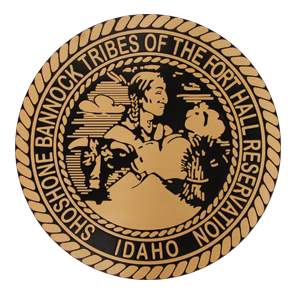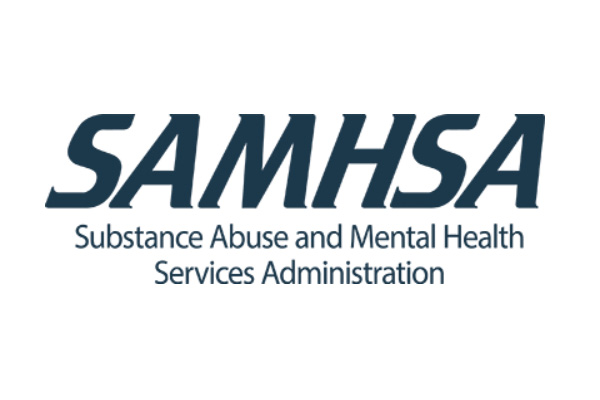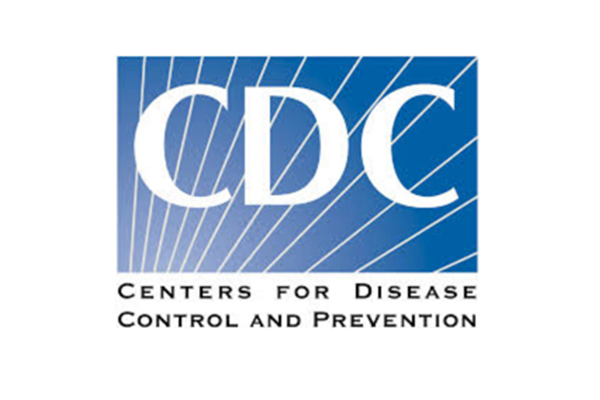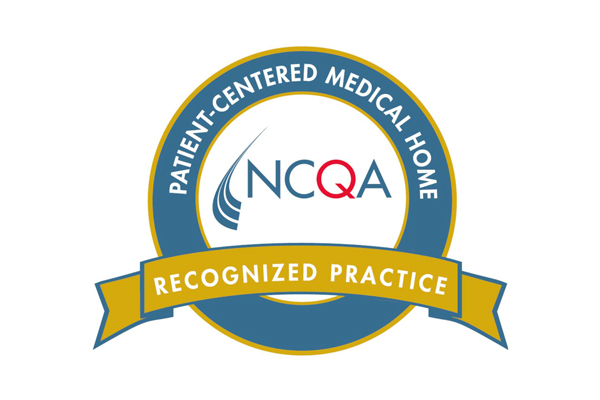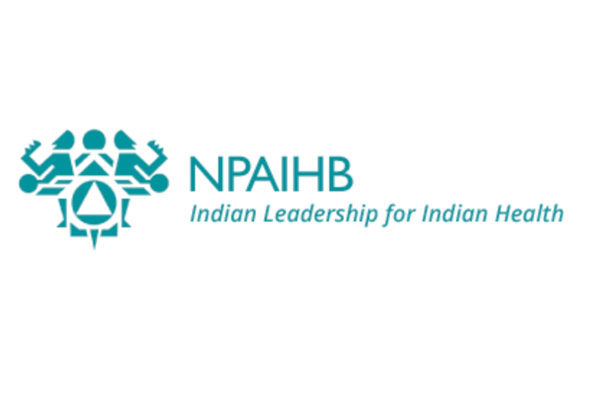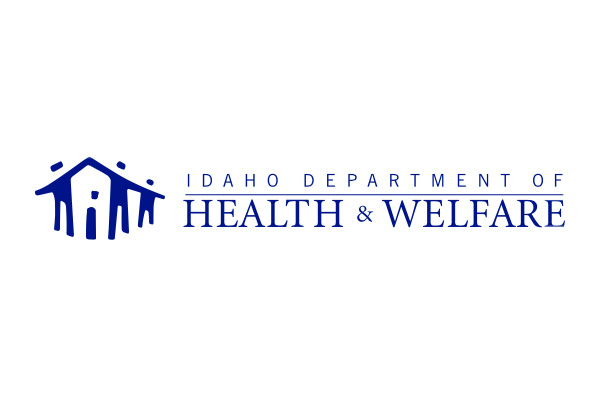Waapi Kani “Cedar House” Mental Wellness & Recovery Services
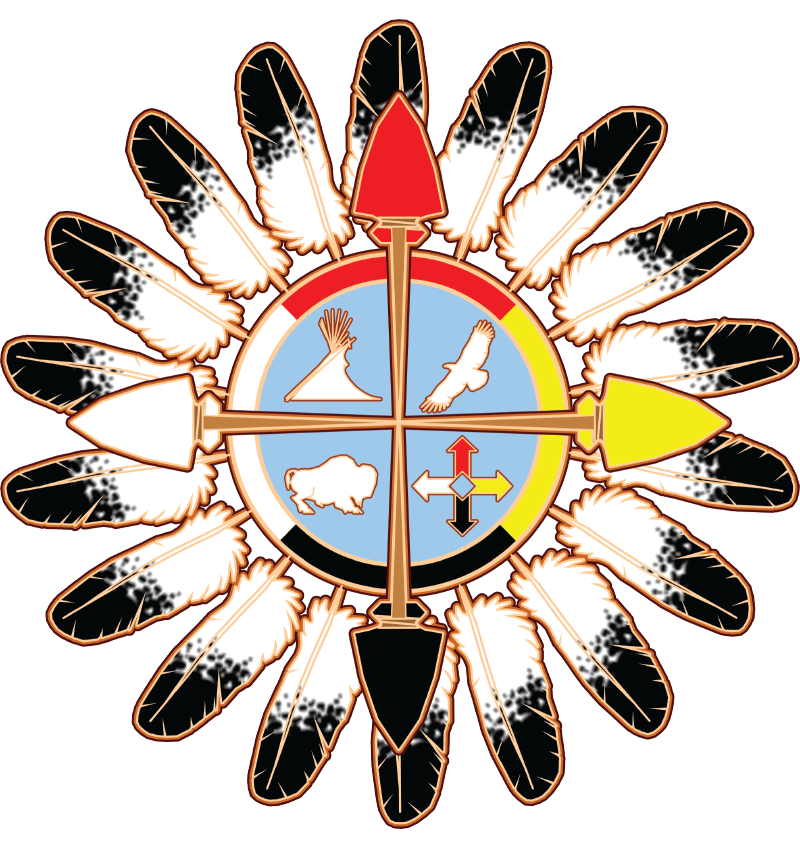
The Waapi Kani “Cedar House” Mental Wellness & Recovery Services is a tribally operated alcohol and drug substance use treatment program. It is located on the Fort Hall Indian Reservation and operated by the Shoshone-Bannock Tribes. The program strives to provide the high quality treatment services, as well as culturally-based and holistic treatment approaches.
Individuals seeking substance abuse treatment services with the Waapi Kani “Cedar House” must be a member of a federally recognized tribe, of tribal descent, and Indian Health Services eligible recipients.
(208)236-1007
Featured Video for our Tribal Recovery Coach
Take the Pledge, Help Fight Addiction.
The Shoshone-Bannock Tribes takes the opioid epidemic and substance use disorder seriously and are doing all possible to educate the public on ways to combat and fight addiction. You can show your support to those fighting addiction by adding your comment of support to this website and also on social media. It's time to lend support to those individuals and families struggling with addiction. Simply post on Facebook, Instagram, or Twitter using the hashtag #stopoverdoseforthall and your post will be added to this page, helping others see what you have posted.
#stopoverdoseforthall
Using Culture in Recovery.
Be Prepared: Save a Life.
Download Brochure
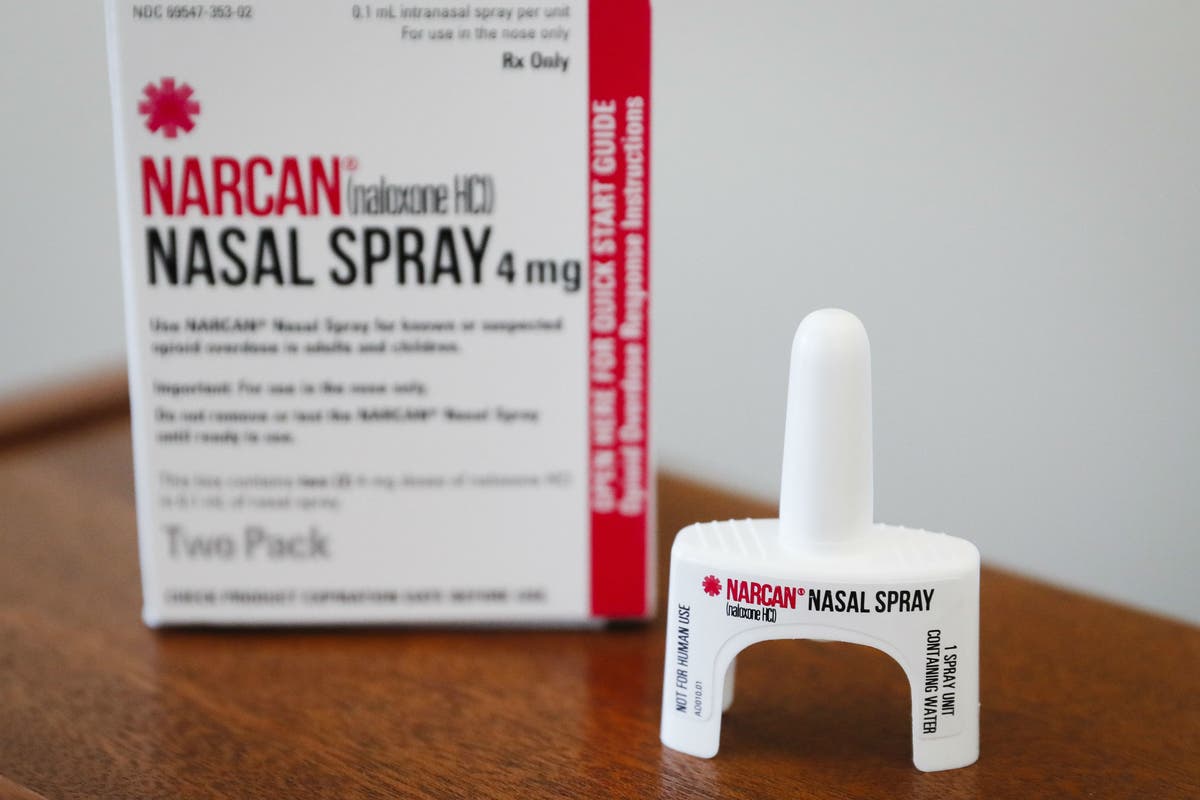
Shantel Stone shares a story of recovery.
The story of recovery is personal, and Shantel Stone offers a view on recovery after living in active addiction. Her goal is to share her knowledge and support others on the path to recovery.
FHPD Warns: Substances are Being Laced with Fentanyl.
“We are seeing more and more overdoses here on the Reservation, and some are related to the an increase in laced substances at the crime scene. We have seen a Fentanyl in Marijuana, in Meth, in Herion, and also in Dirty Thirties (Oxycodin laced with Fentanyl). Since it is many times more powerful than any other opioid people are overdosing more rapidly.”
Smudge Me, Don't Judge Me.
Words Matter When We Talk About Addiction:
"Research studies show that language matters when we talk about opioids and addiction. When talking to or about anyone with addiction please avoid using stigma. People with opioid addiction benefit from community support, non-judgmental healthcare providers, and a strong circle of relatives and relations who can walk the path to recovery with them."
In order to be a good support for people with opioid addiction, it is important to use kind and respectful language. Instead of saying "drug user," "addict," or "junkie," it is better to say "person who uses drugs," or "person with a substance use disorder."
Words with stigma are damaging and they label a person by one activity they do in life. The truth is that people who use drugs have families, hobbies, invests and futures outside of their drug use. Honor them as whole people.
Medicated Assisted Treatment in Fort Hall.
Reach Out For Help.
(208)236-1007

Another Support: Our Recovery Coaches .
Medication-assisted treatment (MAT) is the use of medications, in combination with counseling and behavioral therapies, to provide a “whole-patient” approach to the treatment of substance use disorders. Medications used in MAT are approved by the Food and Drug Administration (FDA) and MAT programs are clinically driven and tailored to meet each patient’s needs.
